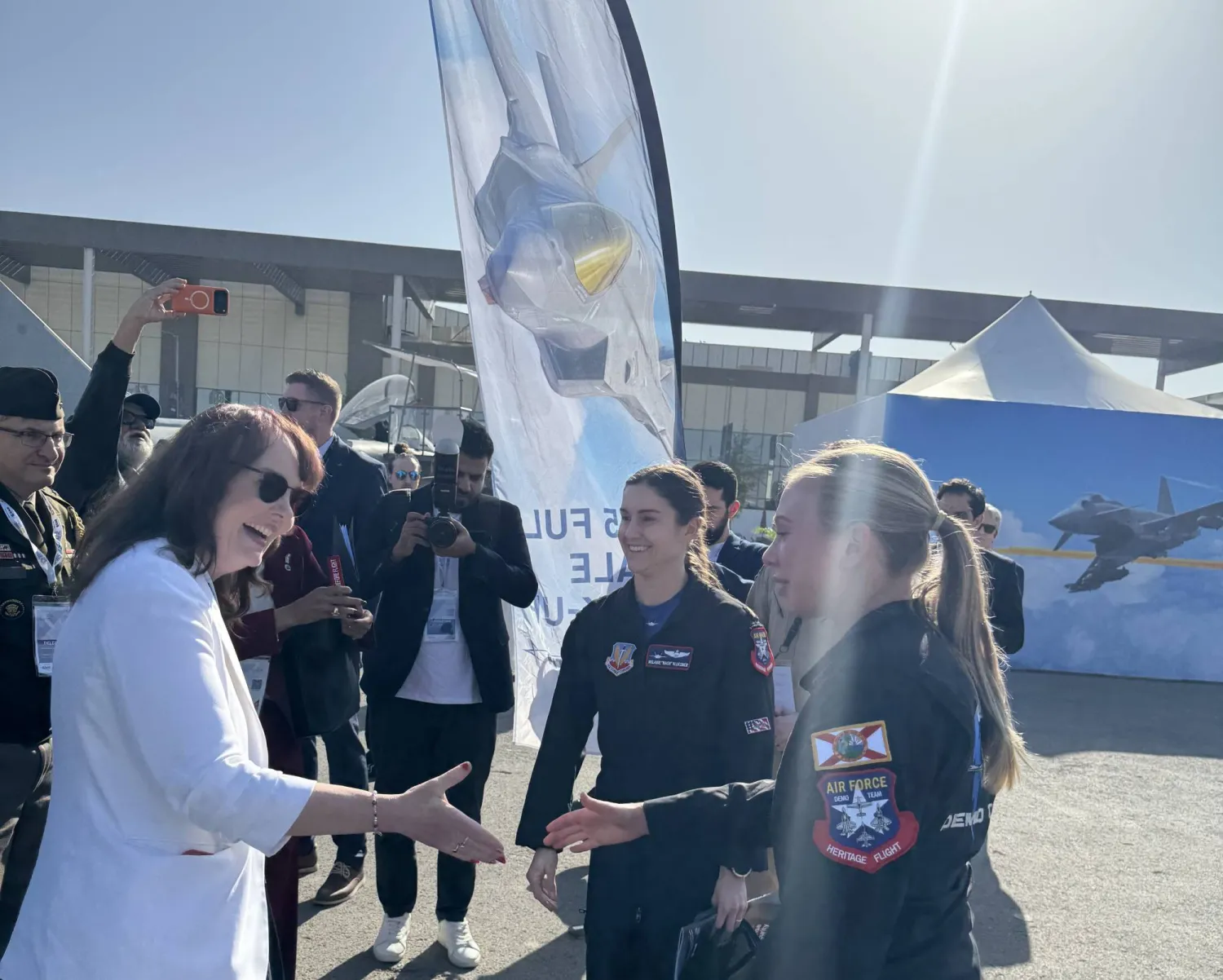Saudi Minister of Foreign Affairs Prince Faisal bin Farhan announced on Thursday on behalf of the Arab and Islamic countries and European partners, the launch of a new Global Alliance dedicated to advancing the two-state solution to the Israeli-Palestinian conflict.
The "Global Alliance for the Implementation of the Two-State Solution" initiative was announced during Prince Faisal's speech at the ministerial meeting on the Palestinian cause, held on the sidelines of the 79th session of the United Nations General Assembly in New York.
In his speech, Prince Faisal emphasized that the war on Gaza triggered a humanitarian disaster, alongside the serious violations committed by the Israeli occupation forces in the West Bank, and the threat to the Al-Aqsa Mosque and religious sanctities, further entrenching the policies of occupation and violent extremism.
“Self-defense can never justify the killing of tens of thousands of civilians, the systematic destruction, forced displacement, and the use of starvation as a tool of war, incitement, dehumanization, and the systematic torture in its most horrific forms, including sexual violence and other documented crimes according to United Nations reports," said the Saudi Minister.
He added, pointing to Israel’s escalation in Lebanon: “These days we are witnessing a serious rise in tension affecting our sister the Republic of Lebanon and poses a significant risk of igniting a regional war, threatening both our region and the world at large."
Demanding an immediate end to the ongoing war and all violations of international law, he said that those obstructing the peace process must be held accountable.
"We question the credibility and legitimacy of the global system when we stand powerless to stop the machinery of war, while some persist in selectively applying international law in blatant violation of the most basic standards of equality, freedom, and human rights," he said.
The Minister emphasized that the establishment of an independent Palestinian state is an inherent right and a fundamental basis for peace, rather than a final outcome to be negotiated within an elusive political process.
“We affirm our appreciation for the countries that have recently recognized Palestine, and we urge all nations to show the courage to make the same decision and join the international consensus represented by the 149 countries that recognize Palestine," he stated.
“Implementing the two-state solution is the best way to break the cycle of conflict and suffering, creating a new reality where the entire region, including Israel, can enjoy security and coexistence," Prince Faisal underscored.
He concluded his speech expressing hopes to ending this conflict and safeguarding international security and peace.
“We invite all nations to join this initiative, assuring you that we will spare no effort in creating a credible and irreversible pathway toward a just and comprehensive peace," Prince Faisal said.
Saudi Arabia Launches Global Alliance to Establish Two-State Solution

Saudi Minister of Foreign Affairs Prince Faisal bin Farhan during the ministerial meeting on the Palestinian issue and peace efforts (Saudi Ministry of Foreign Affairs)

Saudi Arabia Launches Global Alliance to Establish Two-State Solution

Saudi Minister of Foreign Affairs Prince Faisal bin Farhan during the ministerial meeting on the Palestinian issue and peace efforts (Saudi Ministry of Foreign Affairs)
لم تشترك بعد
انشئ حساباً خاصاً بك لتحصل على أخبار مخصصة لك ولتتمتع بخاصية حفظ المقالات وتتلقى نشراتنا البريدية المتنوعة







